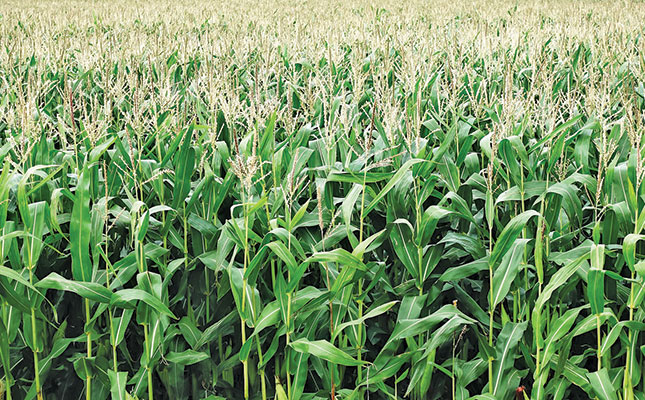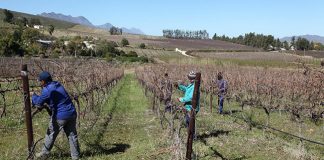This is according to Dr Pieter Mulder, deputy agricultural minister. He was speaking at the Undercover Farming expo in Pretoria.
“Without climate change, food availability is expected to increase in SSA between now and 2050. However with climate change it is predicted that food availability in the region will average 500 calories per person (per day) less in 2050.”
He said that as a result of climate change irrigation water supply reliability and the ratio of water consumption to requirements was expected to worsen in SSA.
Reinhard Kuschke, portfolio manager of agricultural production at Absa Insurance Company, said that since climate change was ever present and nothing would ever stop it, risk management was the only way farmers could mitigate damage.
He strongly advised farmers to get involved in early warning systems to help them prepare for adverse weather. “Get involved in the risk management community and get used to this type of information and case studies, otherwise you can’t be in a
position to react to the changes.”
Kuschke noted that fluctuations between extreme weather conditions have become more prominent. “There is an increase in the occurrence of heavy rainfall, coupled with dry periods that are increasing in length. Rainfall intensity has increased and the droplet size is getting bigger.”
He said that sustainable techniques needed to be developed that will allow farmers to keep doing business in these conditions. “Rain fed cultivation farmers will have to rely on different techniques to store water and prevent excessive runoff. Evenirrigation farmers will have to adopt these techniques.”
“The technology is available, farmers just have to learn how to adapt to the changingweather patterns and apply the technology.”











